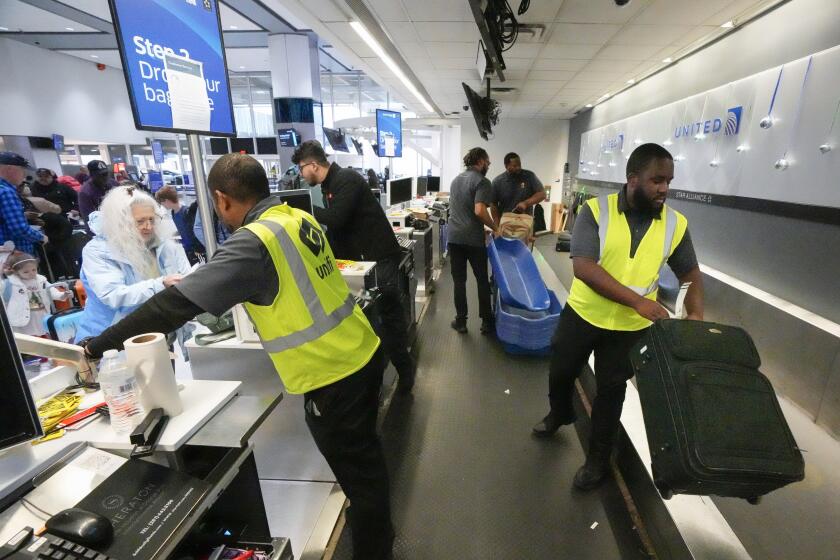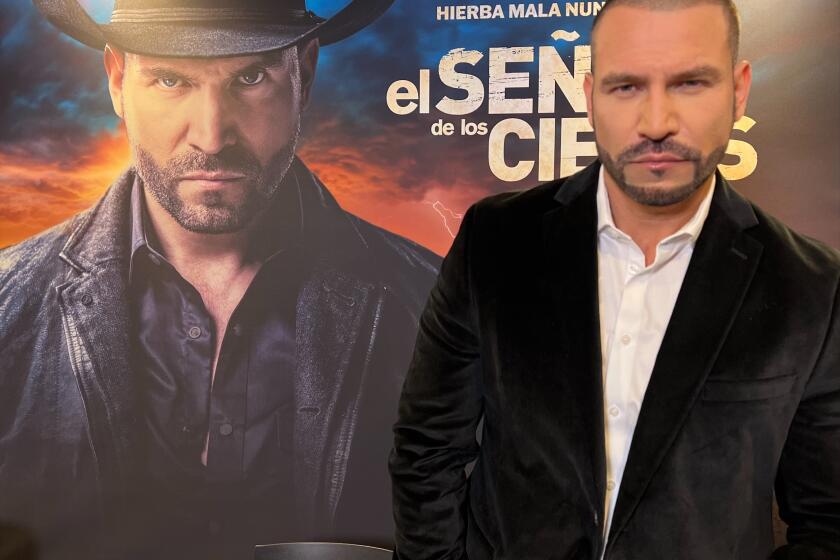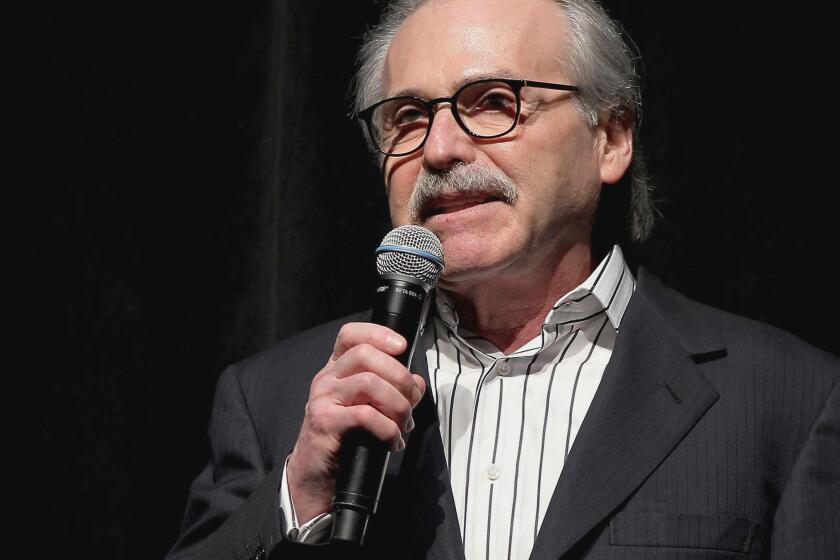Long lines once again in Caracas, this time for humanitarian aid
Hundreds of Venezuelans on Thursday lined up at the Red Cross facilities in Caracas to receive some of the humanitarian aid that was flown into the country earlier this week including containers and water purifications tablets that - otherwise - are currently extremely scarce in the South American country.
Some of those standing in line, like 63-year-old retired systems engineer Jose Martinez, came with the hope of being able to get various medications but they accepted it when they learned that they would only receive a container and a box of the tablets.
Martinez, wearing a red shirt with an image of the late President Hugo Chavez , who governed Venezuela from 1999-2013, told EFE that it seemed “extraordinary” to him that humanitarian aid had come amid the serious crisis in the nation, adding that he “regularly” has water at his home but he stood in line to get a 20-liter (about 5 gallons) bucket.
“There was also the hope that they would give us some medicine. I brought my medical voucher ... but today they’re just handing out the water containers and the (purification tablets),” he said.
Supporting himself on a cane, Martinez was criticized by a woman who identified herself as Maria Teresa Zuñiga, who told EFE that she gets water at her home only every eight days and “it’s completely full of black sand.”
Despite the fact that Red Cross officials have asked for people not to politicize the humanitarian aid, the 57-year-old woman said she had no doubt that the aid brought into the country on Tuesday was an achievement of the “interim president,” referring to the head of the opposition-controlled Parliament, Juan Guaido, who proclaimed himself the interim leader of Venezuela in late January and has received the recognition of more than 50 nations around the world.
Since the aid arrived to help alleviate the crisis that elected President Nicolas Maduro has denied exists since the beginning of the year, all sectors of Venezuelan society, including politicians, have hailed it as a “victory.”
Included in the 24-ton aid shipment are medications for urgent health situations, 14 electrical generators and water containers.
The Red Cross has been distributing the containers and purification tablets to Caracas residents since the aid shipment arrived from Panama on Tuesday.
According to Red Cross officials, who spoke with EFE off-microphone, the distribution has also been conducted in other residential communities in the capital area such as Caricuao, 23 de Enero, La Candelaria and San Bernardino.
In addition, the Red Cross is offering talks on how to make water potable using the tablets, as well as how to do so without tablets.
Although the line seemed to move quickly, a local resident who said her name was Yadira and was at the back of the queue told EFE that she had been waiting for two hours and repeated the complaint that has been made in various communities about the lack of consistent water supply.
“In my house, we used to have (water) frequently, but now with the problem we’re having, when the (electricity) goes the water also goes ... The light hasn’t gone but we’re still without water. I don’t know if we’ll have any. I think we’ve been without water since last Thursday,” she said.
The line moved normally until the containers ran out and then some of those who had been patiently waiting got angry and voiced their opinions.
That was when police arrested Venezuelan journalist Frank Thomas Guerra, with Venepress, according to the Venezuelan Press Workers Union (SNTP).
The union said that the reporter had recorded complaints from people who said that the Bolivarian National Police “took containers with purification tablets that were part of the humanitarian aid.”
The SNTP said that the police forced Guerra, who has been released, to “erase the video” he had made containing those complaints.



